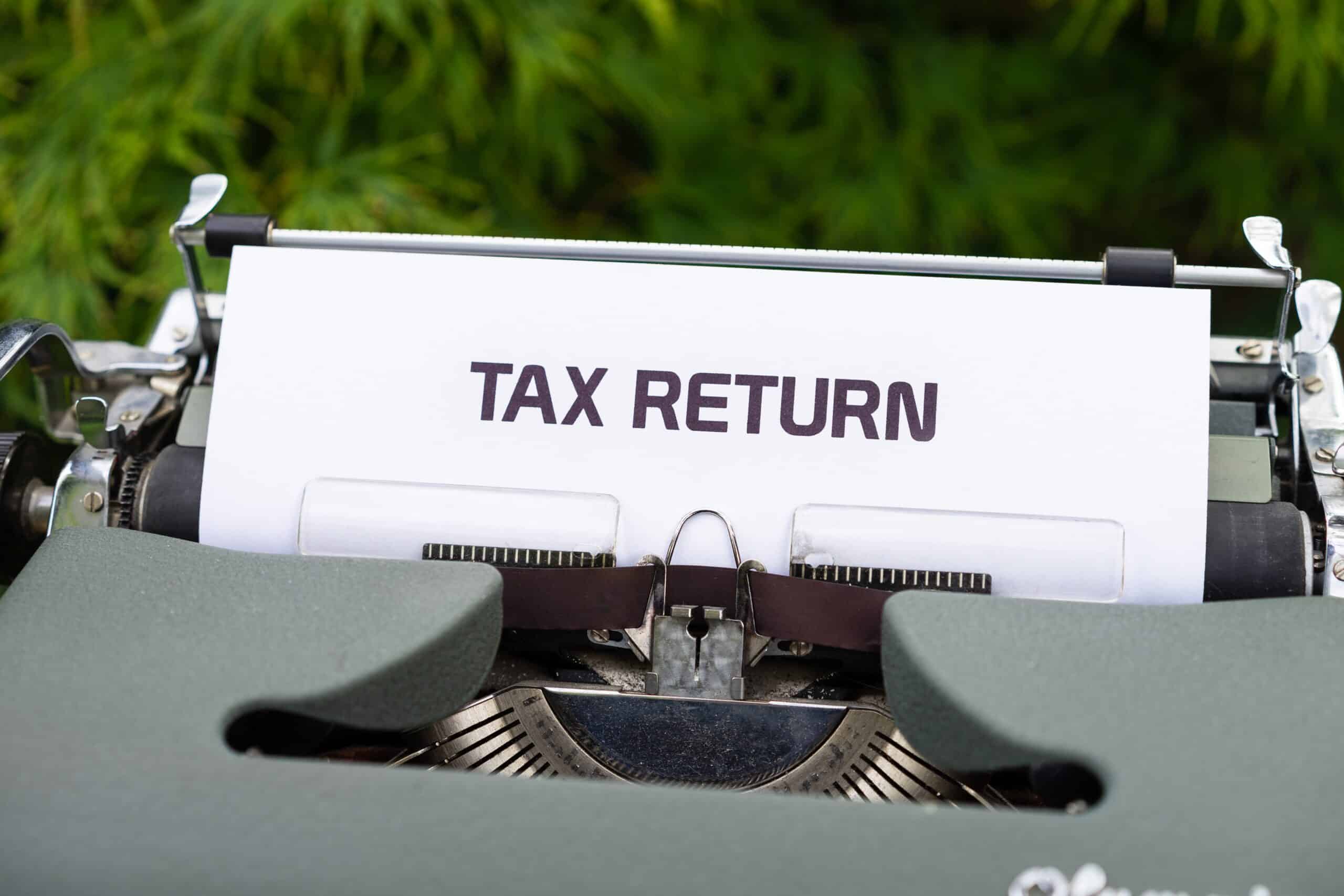
For tax purposes, you need a tax identification number, but there are many different types of tax IDs issued by the IRS. To help you understand what type of number you need, this guide looks at the differences between a taxpayer identification number (TIN) and an employer identification number (EIN).
It also looks at the different types of tax identification numbers and briefly explains when they are used. Then, it outlines the steps for obtaining an EIN.
What Is an EIN?
EIN stands for “employer identification number”. An EIN is a unique number that identifies businesses when they file taxes or deal with banks. It may also appear on the business’s credit report. Obtaining an EIN is essential for most companies.
This number is critical for any business entity that hires employees or has to file a business tax return. You may also use an EIN for business banking purposes. In addition to businesses, there are several other entities that use EINs. They include churches, church-controlled organizations, non-profit organizations, trusts, estates, Military/National Guard groups, farmer’s cooperatives, REMICs, and state and local governments.
What Is a TIN?
A taxpayer identification number is a number used to identify a taxpayer to the IRS and other government entities. It can also be used as an identifier for banks and other private entities. There are several different types of taxpayer identification numbers including the following:
- Social Security Number (SSN) — A number used by U.S. citizens, resident aliens, and legal permanent residents.
- Employer Identification Number (EIN) — A number used by businesses, non-profits, trusts, estates, some military groups, and state/local governments.
- Individual Taxpayer Identification Number (ITIN) — A number used by certain resident aliens, non-resident aliens, and their spouses and dependents who cannot obtain a Social Security Number.
- Taxpayer Identification Number for Pending US Adoptions (ATIN) — A number used for children who are being adopted from foreign countries by U.S. residents.
- Preparer Taxpayer Identification Number (PTIN) — A number used by anyone who prepares tax returns for compensation.
As you can see, an EIN is a type of taxpayer identification number. To put it another way, all EINs are TINs, but not all TINs are EINs. Both sets of numbers feature nine digits, and they both exist to identify taxpayers to the government and other entities. However, in spite of these similarities, there are several differences between EINs and TINs. Keep reading to learn about the differences between these numbers.
What’s the Difference Between an EIN and TIN?
An EIN always represents an entity that is not an individual. Typically, it’s for a business, but as noted above, it can also be used for non-profits, governments, trusts, and estates. A TIN, in contrast, is often used by individuals. Individuals use SSNs, ITINs, ATINs, and PTINs. Generally, the only time when a TIN is not an individual is when it is an EIN.
It’s important to note, however, that EINs are often issued to individuals. In particular, this happens when a sole proprietor requests an EIN. In all cases, regardless of the type of business entity trying to obtain the EIN, an individual needs to complete the form and provide their own tax ID number.
Another difference is that EINs are exclusively issued by the Internal Revenue Service (IRS). In contrast, TINs can be issued by either the IRS or the Social Security Administration (SSA). For example, the Social Security Administration issues SSNs, but the IRS issues PTINs.
Who Needs An EIN?
Nearly all businesses need EINs and many other entities do as well. Here are the situations where a business or another type of entity needs an EIN:
- If you’re starting a new business
- If you’re hiring employees including household employees.
- If your business, trust, estate, or other entity is opening a bank account.
- If you’re changing the type of organization — for instance, if you’re changing a sole proprietorship to a corporation.
- If you’ve purchased an existing business that doesn’t already have an EIN.
- If you are creating a trust besides a grantor trust or an IRA trust.
- If you’re creating a pension plan and you need an EIN for reporting purposes.
- If you’re a foreign person who needs an EIN for tax withholding purposes.
- If you’re managing an estate that needs to report income on Form 1041.
- If you’re a withholding agent for taxes on non-wage income paid to an alien and you’re required to file Form 1042.
- If you’re a state or local agency that needs to handle tax reporting for public assistance recipients.
- If you’re a single-member LLC that needs to file Form 8831, Form 5472, employment tax returns, excise tax returns, and required state returns.
- If you’re an S-corp that needs to file Form 2553 (Election by Small Business Corporation).
How To Apply
Now that you know when you need an EIN, it’s time to apply. Obtaining an EIN is relatively straightforward. You just need some basic details about your business, and you can apply online right now.